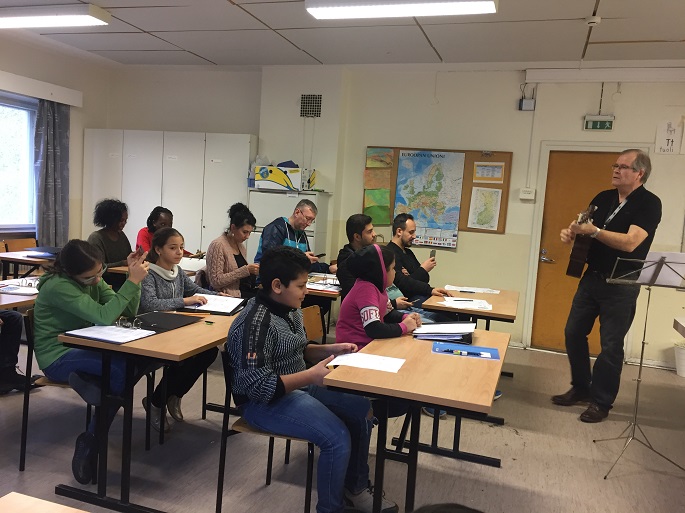Videos supporting refugee background people´s mental health released
Published : 08 Feb 2022, 01:20
Updated : 08 Feb 2022, 01:27
The Finnish Institute for Health and Welfare (THL) has produced a multilingual video series on mental health which is aimed at people who have moved to Finland as refugees, said THL in a press release on Monday.
The 'Mental Health for Immigrants' video series that developed together with experts by experience and health professionals was released on Monday.
Refugee status is connected with a number of psychological and social risk factors that place a strain on mental health, said THL, adding that at the same time, there is often lack of knowledge and negative attitudes associated with mental health challenges.
The purpose of the video series is to increase understanding of mental health and to reduce the stigma associated with seeking help.
“There is a lot of unnecessary fear and shame associated with mental health. We all need to take care of our mental health. The arrival phase would be a good time to communicate information on ways to maintain well-being,” said Antti Klemettilä, Development Manager at THL.
The videos will be distributed to the target group through immigration services and via social and health care professionals.
The video series consists of 23 videos and has been produced in a way that challenges the traditional expert-based model of information provision.
As part of the co-development process, people with refugee background were involved as equal participants right from the planning stage.
They also appear in the videos. The script for the expert doctor who features in the videos was also developed jointly in remote workshops involving experts by experience and professionals.
In the videos, people with refugee background share in their own words their thoughts and experiences about factors affecting mental health. The genuine experiences and stories of peers enable viewers to identify with the shared information. A peer can set an example for how to cope in a difficult situation and thus increase hope and optimism for the future.
The production of the videos has been funded by the European Union from the Asylum, Migration and Integration Fund (AMIF).


